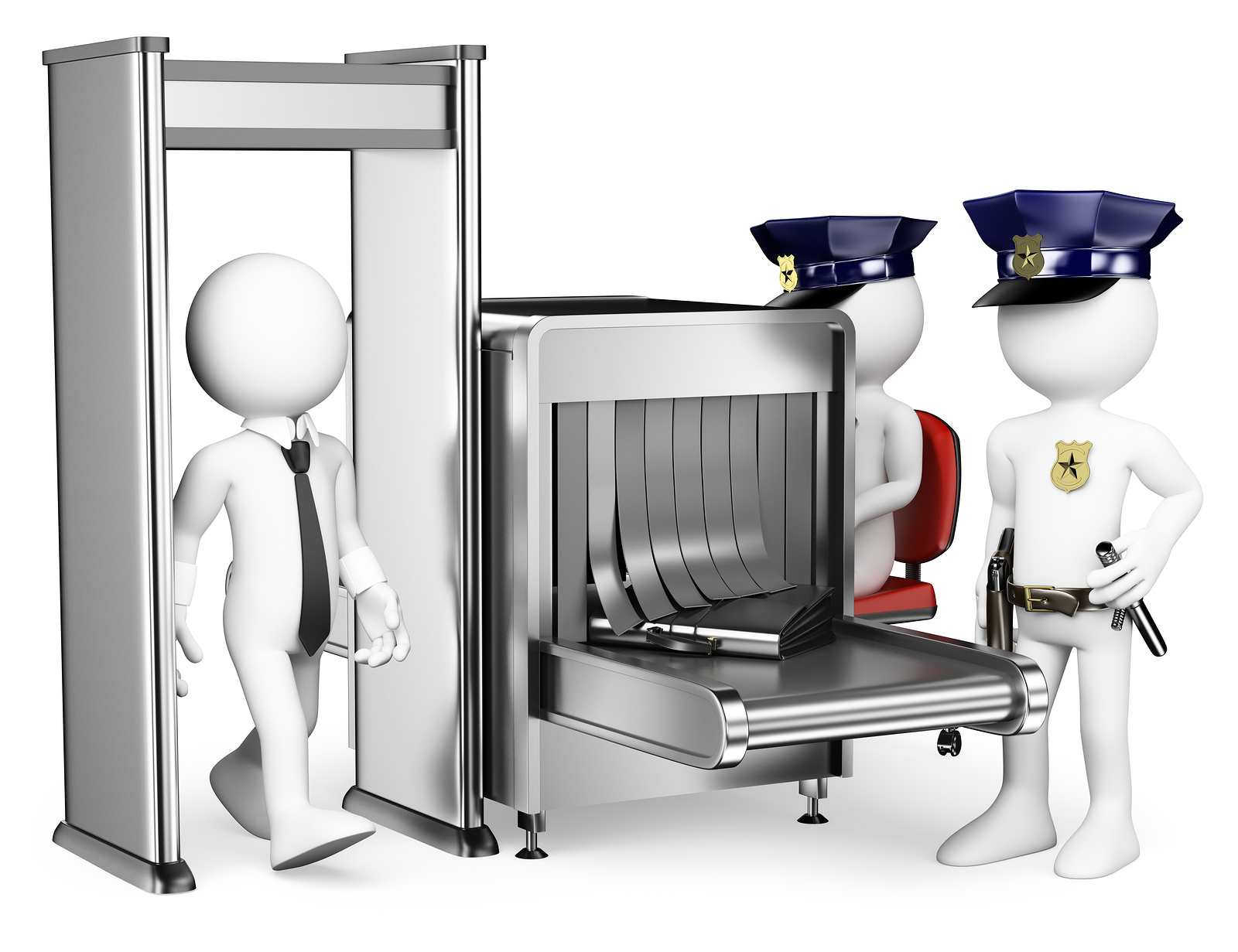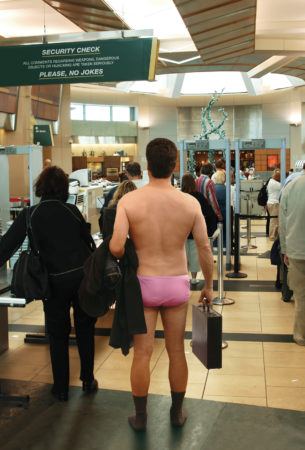Should The Government Have To Play By The Rules While Protecting Us While We Fly?

I see stories almost every day about issues with TSA and US Customs & Border Protection officials stepping outside the lines. Heck, it was just yesterday where I read another such story. The thing is, most of those stories are about people I don’t know. To some degree, there’s always a bit of “I wonder if this is really the whole story”.
What if it’s someone you know? Someone you’ve met? That’s the story I was reading this morning. It’s absolutely worth the read, but here are a few excerpts in case you don’t have time to read the whole thing:
The agent then said “Ok, you are actually in violation, since these medications are expired”. He never elaborated as to which rule or law I was in violation of. The agent then started asking me questions and his tone of voice started getting more aggressive. He said “I’m going to give you one opportunity to answer correctly. Tell me the proper way to dispose of expired medications”.
This is when things went south really quickly. The agent started getting verbally abusive and raising his voice. He told me I was carrying a controlled substance, and said “these are opioids” (which is factually incorrect; neither Xanax nor Ambien are opioids) and suggested I was abusing my medications, because “people get high on this stuff”. He also told me that since my medications were expired, that suggested that I was either stockpiling opioids, or I had obtained them illegally (because I guess those were the only two choices?).
So, What Happened?
He attempted to board a flight to Australia with prescription medication. The label showed that the prescription had expired. The prescription was issued in his name. The CBP officer told him he was in violation, though it’s not clear what regulation he actually violated.
A few days later, he received a note that his Global Entry credentials had been revoked. It’s true that any violation of the Customs & Border protocol is grounds to revoke someone’s Global Entry credentials. Surely, there’s a reasonable process to appeal the situation? Kind of. He chose to contest the decision by writing to the CBP Trusted Traveler Ombudsman. The reply was, well, not terribly shocking:
Your email message sent to the CBP Ombudsman has been received. You will be advised when a review of your email request is complete. If you have not received a reply to a request for reconsideration within six months, you may submit a subsequent inquiry. Thank you for your patience.
The CBP website doesn’t seem to list any violations he’s run afoul of. Now, he’s just faced with waiting. Alternatively, he could hire a lawyer (at his own expense) to work towards a better outcome.
Should CBP Officials Have This Much Power?
It’s easy to say that customs officials shouldn’t have so much power. I could actually argue the other side, that agents should have less power than they do now. If I was picking a side, that’s the one I’d advocate for. The real answer is actually in between.
Front-line officers should have latitude to investigate/exclude travelers on an individual basis at airports. And, all of their actions should be reviewable through a transparent process. I understand the need to be vigilant, to protect travelers. But, when an agent steps outside of protocol, two things need to happen:
- The officer should be properly trained/disciplined based on their actions.
- The traveler should be able to have a formal process where credentials such as Global Entry can be reinstated.
It shouldn’t require a lawyer or a senator. And, it certainly shouldn’t require waiting 6 months to file a second complaint when you don’t hear back on your first one.
The post Should The Government Have To Play By The Rules While Protecting Us While We Fly? was published first on Pizza in Motion


Agreed entirely. It’s happened to me – different circumstances (except I have no idea what happened as no one could or would tell me) but I had to hire a lawyer to straighten it out. The lawyer thinks that some CBP person either made a mistake or misunderstood something which caused an incorrect entry in my record – and then months of hell. The problem is that there is no judicial oversight.
NB, curious. How long did it take to resolve? And, did you ultimately get it straightened out?
In a perfect world, none of these would happen. Alas, the world is not perfect.
1. If those agents were educated and well mannered, they probably doing a better job than being an agent.
2. Stupid people tend to require acknowledgment that they are smart. In this case, a show off. He wants to be acknowledge that he is right, whatever he said. That he got authority.
3. Arguing with stupid people is useless. Either go with what they say, or physically hurt them. You tell donkey to move with a whip, not sweet and polite words.
Facing these situations, some people choose to obey silently but record and reports later. Some use social media to gain supports. Some even use legal consultant to do more damage. Revenge afterall, is a dish best served cold.
Cipta, not sure what the “proper” response is supposed to be. I’d like to think the report route would lead to a favorable outcome. But, I’m not completely naive.
The proper things to do may different from person to person. A blogger like you can write in his/her blog. A person with many friends/followers can shout in social media. A government official/politician can make the said agents fired. A gangster/mafia/yakuza can shot the agent outside. A reporter can spin it into spotlight news. A shaman can put curse on the agent…. so many things….
Ironically, our bags got flagged again by an Australian customs dog on arrival in Sydney. We suspect there was some sort of dog scent in our bags from our own German shepherd. Australian customs couldn’t have gone more differently. Agent said: “You have a dog at home, don’t you?”, which we do, and he let us go our merry ways. Our bags didn’t even get open. I’m not saying don’t check our bags if a dog flags them, but as a government employee you’re also allowed to think.